Alveolar Ridge Preservation
the first online course on contemporary and predictable alveolar ridge preservation techniques, a procedure that most dental practices deal with on a daily basis.
Taught by one of the leading experts on the subject, who has been working on post-extraction alveolar ridge healing strategies for over 20 years, the course offers simple techniques suitable for all levels of surgical experience.
Based on the new classification of post-extraction sites, published by the author in 2021 in the International Journal of Periodontics and Restorative Dentistry, the educational path deepens the management techniques which are based on the biological rationale of spontaneous healing of the socket and guarantee predictability.
Great attention is paid to the systematic presentation of the data provided by the literature and the description of the effects of their practical confirmation in Daniele Cardaropoli’s daily practice, who straightforwardly indicates how to effectively replicate the surgical approaches illustrated.
The course includes:
- 4 hours of on-demand theoretical videos
- 10 detailed surgical videos with step-by-step commentary
- Lots of practical tips and indications on biomaterials and how to use them
At the end of the course, you will:
-
- Understand the biological principles that regulate the healing dynamics of the post-extraction socket
- Manage post-extraction sockets – intact and non-intact – with intentional exposure of the membrane
- Intercept the loss of bone volume due to the extraction of dental elements by offering the patient an alternative treatment plan
- Select and use the correct biomaterials to maintain the volume of the bone crest
- Decide the timing of implant insertion following tooth extraction and socket preservation
- Decide what techniques to implement in case of non-intact socket and bone resorption – ridge preservation vs ridge augmentation – and the management of cases characterized by root fractures
- Understand when to expect sockets treated with ridge preservation techniques to require additional bone augmentation procedures during implant placement and how to approach these cases


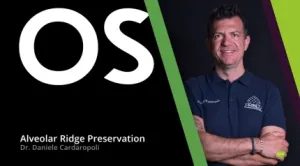
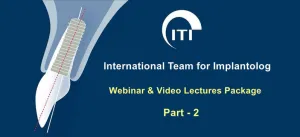
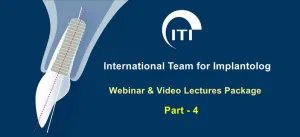

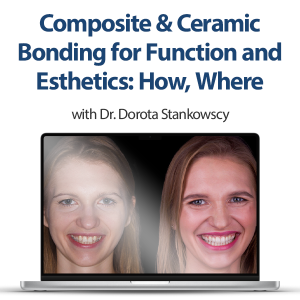
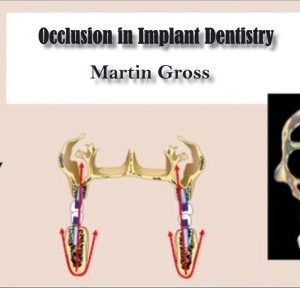
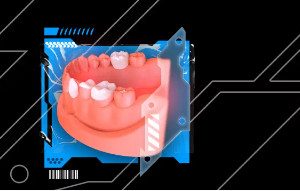
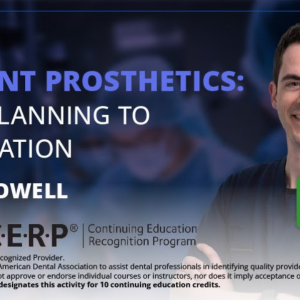
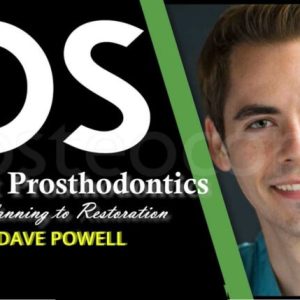


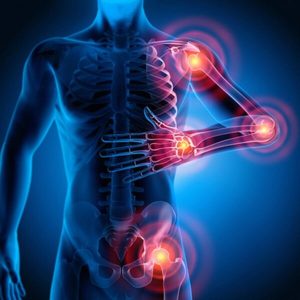





Reviews
There are no reviews yet.